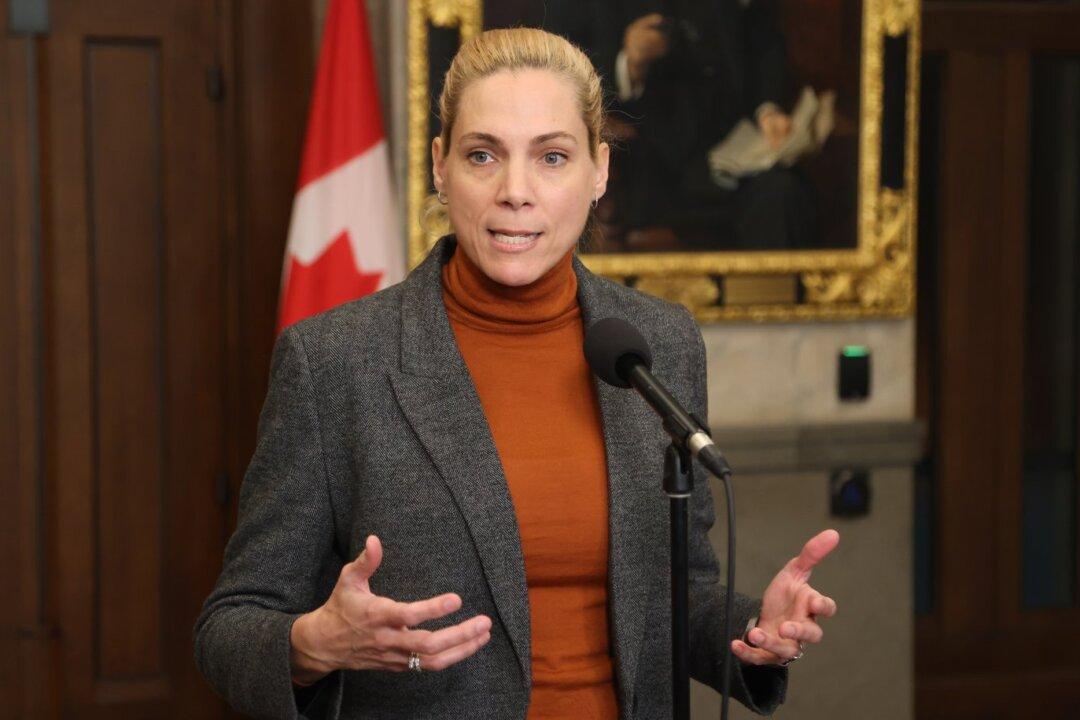A new federally funded tool being developed with the aim of helping Canadians detect online misinformation will rely on artificial intelligence (AI), Ottawa has announced.
Heritage Minister Pascale St-Onge said on July 29 that Ottawa is providing almost $300,000 to researchers at Université de Montréal (UdeM) to develop the tool.





